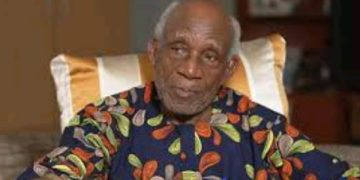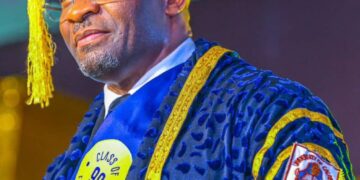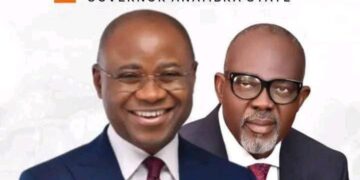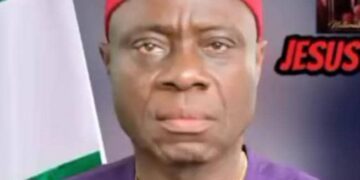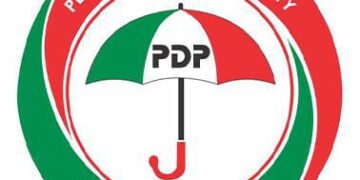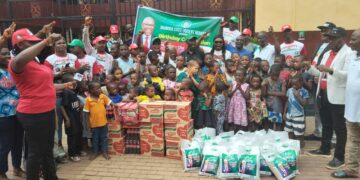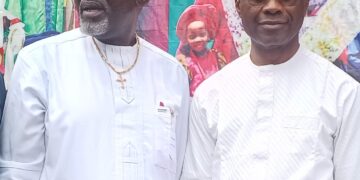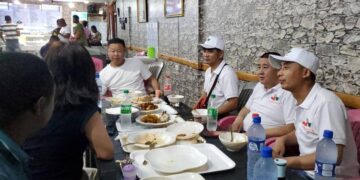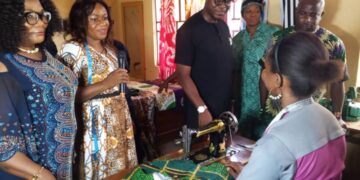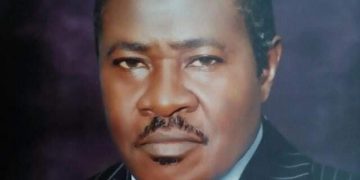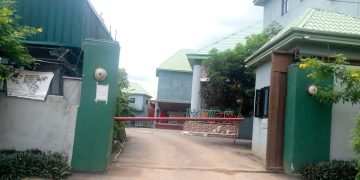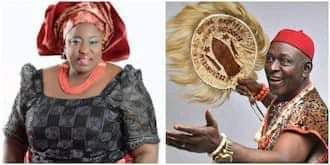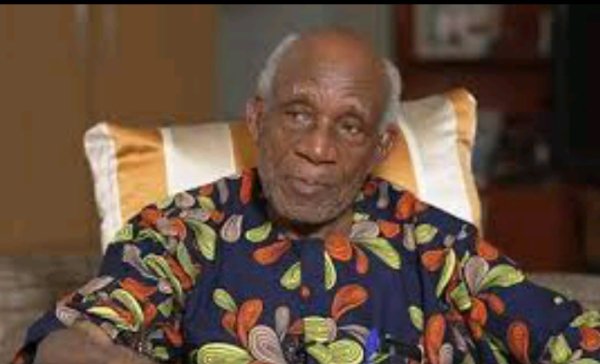(History) Celebrating Professor Felix Oragwu at 91
On March 22, 2025, Prof. Felix Oragwu, a scientist and Nigerian-Biafran war veteran clocked 91.
Oragwu is a Nuclear Physicist, educated at Christ the King College (CKC) Onitsha, Nigeria, the Universities of Glasgow in Scotland, School of Graduate Studies, Physics Department (Research), University of Toronto, Ontario, Canada and Physics Department (Research), University of Manchester, in England respectively.
He began his teaching career as University Lecturer in Physics, at the University of Nigeria, Nsukka (UNN) in the 1960s before the Nigerian Civil War of 1967-1970.
During the Civil War he served as the Head Research Planning / Coordinator Technological Services of the Science and Technology (S&T / RAP) Group that operated the technological aspects of the Industrial War Machine in Biafra from 1967 to 1970.
After the War, he resumed lecturing and research in Physics at UNN before being invited by the Nigerian Federal Government to serve for two years in the first instance.
He later returned to UNN as Pioneer Principal Scientific Secretary / Chief Scientist to the newly created Nigerian Council for Science and Technology (NCST) located at the seat of the Federal Government in Lagos from 1972-1976.
In 1977 he was appointed Pioneer Director, Industrial Research and Technology and subsequently Pioneer Director, Science and Technology Planning and Development to the newly created National Science and Technology Development Agency (NSTDA).
He later served as first Director, Science and Technology Policy, Planning and Development of the newly created (Nigeria’s) Federal Ministry of Science and Technology (FMST) in Lagos from 1980-1987.
In 1975 he undertook a Senior Executive Course on Science Policy Planning at the Institute of Development Studies, Science Policy Research Unit, University of Sussex Brighton, England, and in 1982 he undertook another Senior Executive Course in Technology Development Panning at the USSR Academy of Sciences in Moscow.
During the period 1976-1987, he was instrumental to the establishment of a number ofResearch and Technology Development institutions in the Federal Public Service and Nigeria’s economy.
These include Projects Development Institute (PRODA) Enugu, the Federal Science Equipment Manufacturing Center (later renamed Science Equipment Development Institute (SEDIE) in Enugu, the National Office of Industrial Property (NOIP) later renamed National Office for Technology Acquisition and Promotion (NOTAP) and the Raw Materials Research and Development Council (RMRDC).
All these institutions were meant to enable Nigeria to build and develop domestic endogenous capability and or capacity to produce and manufacture modern technologies and globally competitive industrial goods.
He also initiated for the first time in Nigeria an Annual Scientific Research Grant Budget to support capability building for teaching and research in S&T disciplines in Nigerian Universities.
He also drew up the functional structure of the newly created Federal Ministry of Science and Technology (FMST) in 1980 and saw that all industrial research related institutions have engineering design and fabrications divisions at the workshop floor of their operations.
Upon retirement from the Federal Public Service he has served as Technology Development Consultant to United Nations Economic Commission for Africa, Addis Ababa, UNDP, UNIDO, Vienna, and CommonWealth Science Council CSC) in London at various times.
In 1987 he served as Chairman of the 9th Session of United Nations Intergovernmental Committee (ie Committee of the Whole UN) in New York dealing with Science and Technology Development for developing countries of Africa, Asia and Latin America respectively.
He had earlier served as Member of the Governing Councils of the Federal University of Technology, Owerri in 1982, Federal University of Technology, Makurdi in 1982 and Federal University of Technology, Abeokuta in 1983, respectively.
Culled from Amazon.com
